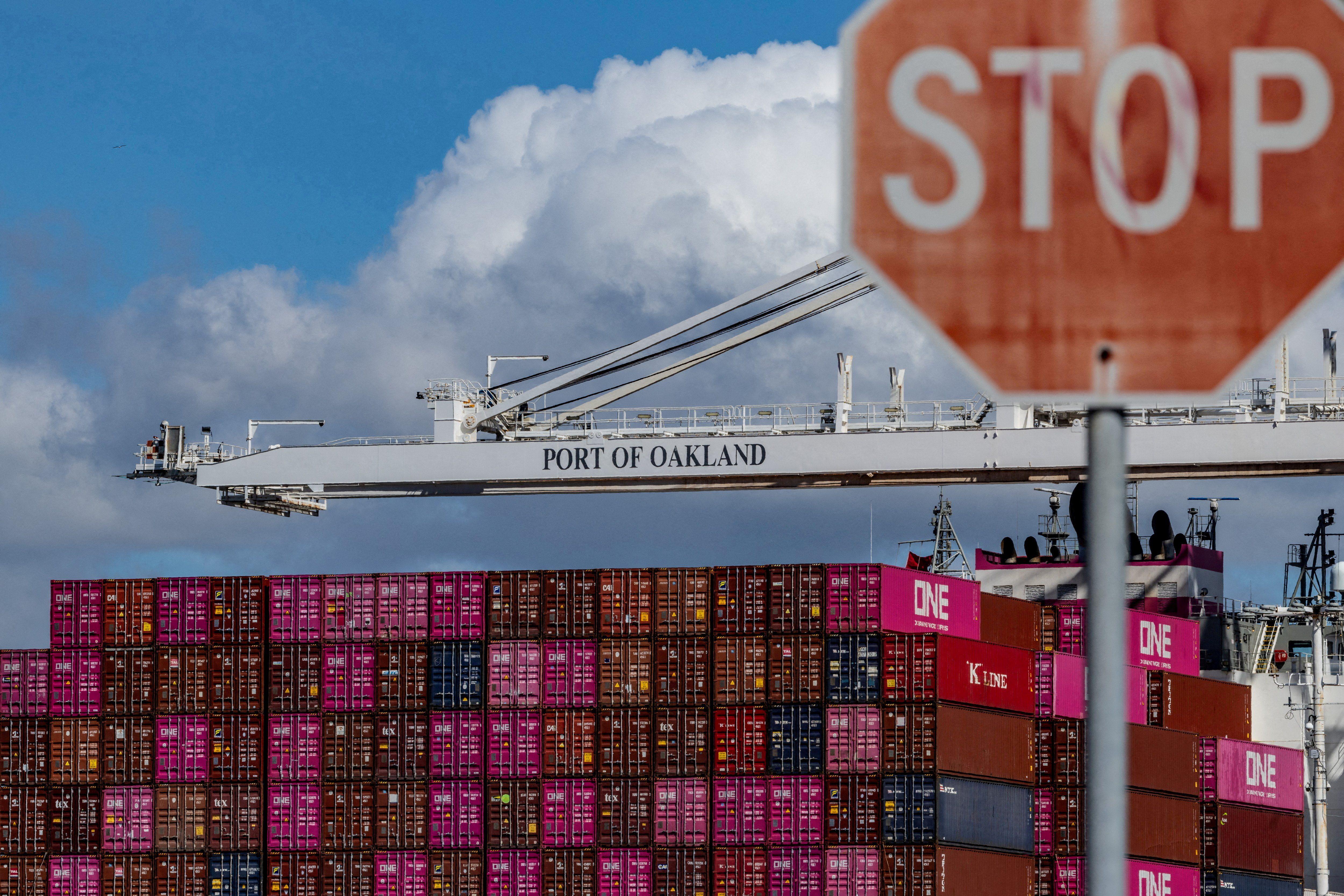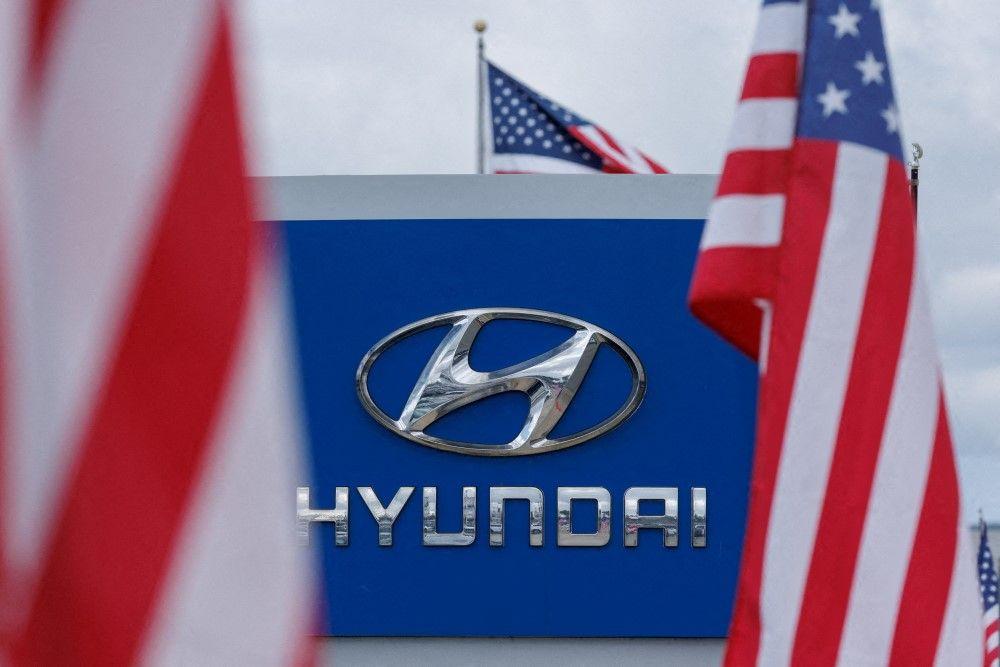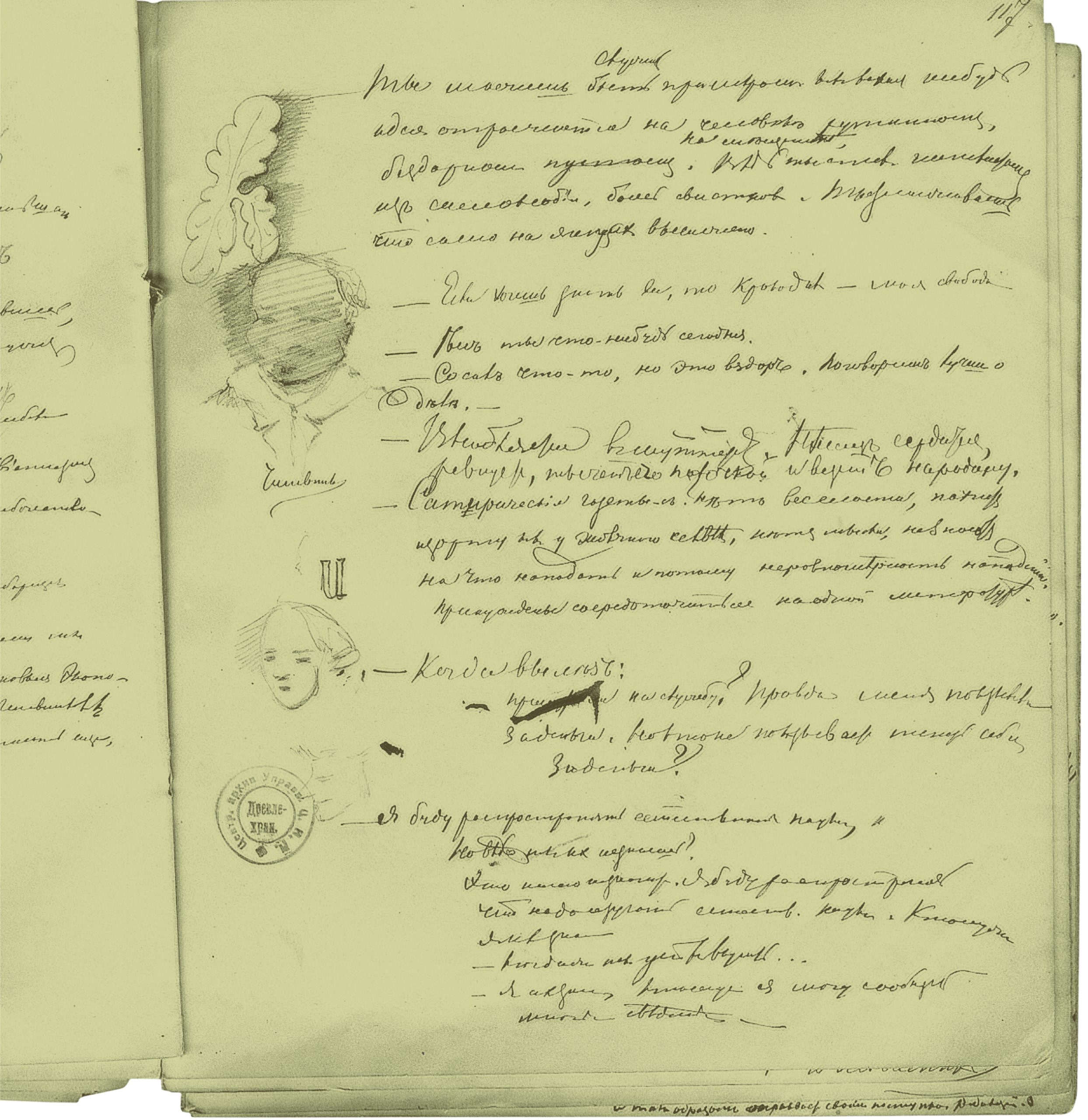Is America a victim of unjust trade, as Tramp – BBC News in Serbian

US President Donald Tramp announced the entire range of customs or taxes to import for goods worth billions of dollars entering the United States.
He wants to introduce « reciprocal customs » – fees on imports in the United States determined according to similar rates as well as customs that other countries introduce for goods imported from America.
The President claims that other countries often have higher customs on imports from the United States than the other way around and believes that America « treated unfair from its trading partners, both friends and enemies. »
The BBC information test team explored whether he has arguments for that.
How do countries determine customs duties?
First, it is important to understand world trade rules.
According to the conditions of membership in the World Trade Organization (table), countries are allowed to introduce customs duties.
These customs can vary depending on the item that is imported.
Thus, the country may, for example, introduce imposes of 10 percent to imports of rice and customs of 25 percent to import cars.
But according to the rules of the table, it must not discriminate against the countries when determining customs charged for specific imported goods.
Egypt, for example, would not be allowed to introduce a customs of 2 percent to wheat coming from Russia, but therefore 50 percent on the wheat from Ukraine.
This is known in international trade as the principle of the most favorable nation (NPN): everyone must be subject to the same customs in the country where it is introduced.
The exception is when two countries sign a free trade agreement among themselves, which covers most of their trade.
According to these conditions, they can not collect customs to the goods that run between them, but to keep the collection of customs to the goods coming from all other parts of the world.
What country do countries currently have?
Although most countries have the customs rate of customs rates that also report average external customs rates to the World Trade Organization, which reflects the total average Customs rate and applied to all imports.
The United States is 2023. had an average external customs rate of 3.3 percent.
It was slightly lower than the British average customs rate of 3.8 percent.
It was also lower than the average European Union Customs Rate of 5 percent and Chinese average customs rates of 7.5 percent.
The American average customs rate was significantly lower than the average customs rate of some of her trademark partners.
For example, the average customs rate of India was 17 percent, while in South Korea was 13.4 percent.
The average American customs rate was lower than Mexican (6.8 percent) and Canadian (3.8 percent), although trade agreements between the United States and these countries mean that American exports are not subject to the customs.
The same goes for South Korea, with which the United States has a free trade agreement.
But, in general, it is quite legitimate that Tramp points out that some countries have higher average customs rates on imports from American.
And those customs rise in many American exports to those countries, which could be said to be unfavorable for American exporters compared to exporters in these countries that sell goods in the United States.
However, it comes down to the unfair trade that harms America is not quite clearly determined.
The majority of economists estimate that customs customs at the event eventually bear households in the country that introduces them because they often mean that imported goods so becomes more expensive.
It could mean that countries with higher average external customs rates from the United States punish their own consumers instead of Americans.
How would reciprocal customs work?
In the tenth of February, Tramp suggested that this could mean that America would introduce the same average external customs rates on import from each individual country as they impose those same countries.
He said to reporters, « If they will charge us, we will charge them the same. If they are at 25 percent, we will be at 25 percent. If they are at 10 percent. »
This would most likely violate the NPN rule in the table, which requires the country to introduce the same customs to certain goods to all countries, unrelated to that where she comes from.
If the US would introduce, for example, a customs of 9.4 percent on all goods coming from Vietnam, but 3.8 percent to all goods coming from the United Kingdom (just as its own average external customs rate) would then mean violating that rule.
If America could prove that the country concerned and in some way violates the organization’s rules, then it could claim that concrete customs were introduced from retaliation against that country justified according to the country’s rules.
But simply introducing reciprocal customs as a general principle would very likely be a violation of that rule.
What about reciprocal customs to individual goods?
Another possibility is that Tramp tries not to follow the average national customs rates, but customs rates on individual products that introduce different countries.
For example, the EU imposes a customs of 10 percent to all cars imported from countries outside that block, which is America.
But America imposes Customs from only 2.5 percent on imported cars, including those from the EU.
The United States could decide to introduce a customs of 10 percent to EU cars to make the game equated.
However, if America tried to equalize customs for each sole country, it would be a long and complex economy, bearing in a huge range of goods covered by world trade and specific carin regimen, which is managed by 166 member states.
The tramp is the official letter in which this policy is defined that the goal of the reciprocal tariffs of the administration could also be the rehearsal of the so-called « non-tariff barriers », as regulations of other countries, domestic subsidies, value value and value added tax (WAT).
America does not charge VAT on the goods, but most other countries do so, so Great Britain.
This could make this exercise of determining the amount of customs even more complex.
Although economists agree that domestic regulations and subsidies can represent important non-Customer barriers to this category because it is aimed at all goods sold locally and therefore does not lead to any relative injustices in the Costs for Importing Costs.
The table does not specify VAT as a barrier to trade.

Can american customs duties down?
That tramp is really serious in wanting precise to equalize with individual customs of other countries, it would also require some customs in theory, and not to raise them.
The United States has higher customs duties on certain agricultural products from some of its trading partners.
For example, America currently imposes effective customs from more than 10 percent to many import milk.
But New Zealand, a large world manufacturer of milk, has customs from 0 percent to its own import of dairy products.
American customs duties are designed as the protection of American milk products, among them in a wavering state of Wisconsin, and the descent of customs for exporters from New Zealand would most likely be political resistance from that state.
Likewise, the true American regime of reciprocal customs based on individual goods would be a challenge for the American automotive industry.
America imposes customs from 25 percent to imported trucks, including those from the EU.
But the customs of the EU on imported trucks, among them those from the United States, are only 10 percent.
Thus, the American reciprocal customs for the EU on imported trucks would, in theory, meant that the United States must reduce its own customs here.
And while reciprocal customs on EU cars may have been greeted by American car manufacturers, reciprocal tariff for trucks from the EU probably would not be.
However, Tramp has made it clear on Thursday that some of its planned customs such as those for iron and aluminum will be « above the expected » reciprocal, that the true reciprocity of trade is not, in fact, its main goal.
The BBC in Serbian is from now on and on the morning, follow us Here.
Follow us on Facebook, Twitter, Instagram, Jutjubu and Vajiberu. If you have a topic suggestion for us please contact (Email Protected)








